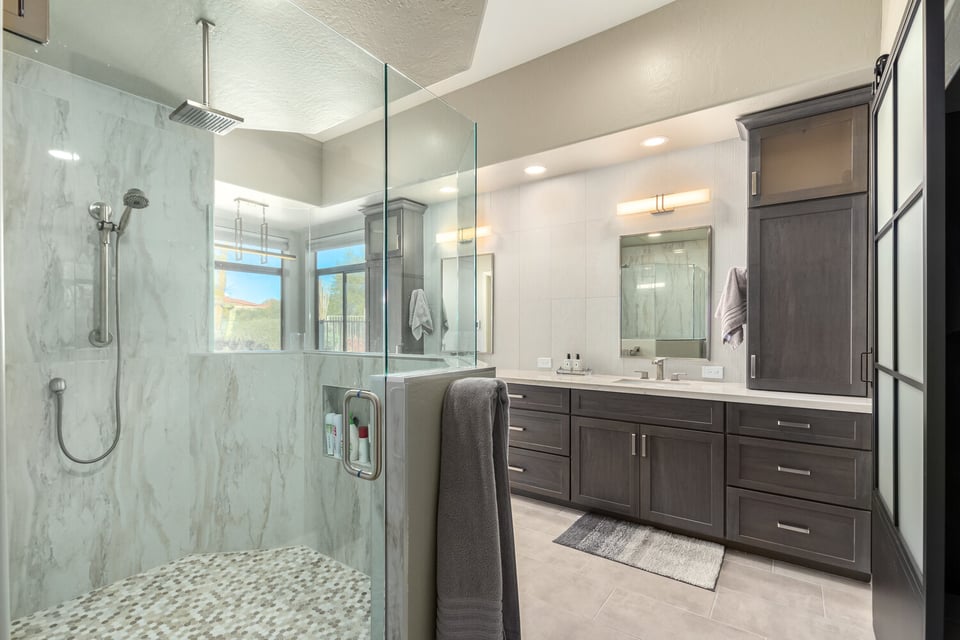2 Min Read
10 Things Your Designer Wishes You Knew

1. Think realistically about your lifestyle.
I like to know as much as possible about a client's habits, likes, and dislikes. A lot of people have an unrealistic vision of how they live or how they imagine they'll live once they have a new kitchen. We have to design for real life, not fantasy. We're creatures of habit, and a renovated kitchen isn't going to alter those habits.
2. Don't get stuck on a fantasy wish list.
When picking out items to add to your kitchen, you have to ask yourself: Is this essential? A popular piece of kitchen eye candy is the pot filler, a faucet on the wall behind the stove. It can cost, say, $1,200 or more. The installation, perhaps another $1,000. Do you really need it?
3. The renovation won't be fast or clean.
In fact, it will take a lot longer than you thought. Most renovations take a minimum of six weeks. If you can vacate your house during the construction, do it. Your life will be less chaotic, your nerves less frayed, and the job will go quicker.
4. Don't focus on perfection until everything is finished.
Delivery and installation can be some of the tensest moments. There's been a lot of anticipation. The big day comes, the truck arrives, and clients will say things like "Is that the right size for the cabinets?" What I say, in so many words, is, "Please let us finish the picture before you judge the art."
5. Appliances are expensive.
Appliances always cost more than my clients expect — especially if you're hung up on brand names. For most people, the only major difference between ordinary and professional appliances is price! Your eggs taste the same. But for people who take their cooking seriously, they're often the way to go. Pro appliances are more robust, more powerful, less disposable, faster, handle more heat. And they look — in fact, they are — better designed.
6. You don't need all that counter space.
People think too big, too grand. They want too much stuff. Thinking an island can't be too big? Wrong! Anything bigger than eight-by-four feet is unnecessary. People want too much counter space. You don't need more than four feet.
7. Keep your kitchen modest if you care about resale value.
You want the look and design to be timeless, not trendy. Resist your impulse to be creative and avant-garde with your materials. You want to use well-respected brands for cabinetry and appliances, even if you have to spend more than you'd like. You want the association of quality attached to your kitchen. Stick to classic lines and timeless materials — but don't be afraid of a fun pop of color.
8. But spend on what your kitchen deserves.
If you want your kitchen to look amazing, don't spend too little. Doing it on the cheap often looks like...well...what it is.
9. Research your designer before signing a contract.
Don't be wowed by too many gadgets and gimmicks. Don't just ask for references. Anybody can come up with a good reference. Do your own research. Does the company have a history of complaints filed against it? And most important, if you're told a price that seems too good to be true...it is.
10. Trust your hired professionals.
Your hired professional will discuss your ideas with you at length and will always keep you updated with the process, but after they’re certain they know what you want it’s important to simply trust them. You hired them for a reason – so they can take note of your style and turn it into a professionally designed haven that you’ll be thrilled to show off. Of course, if you honestly dislike an idea and couldn’t bear having it in your home – say so. But otherwise, trust that they know what they’re doing.




